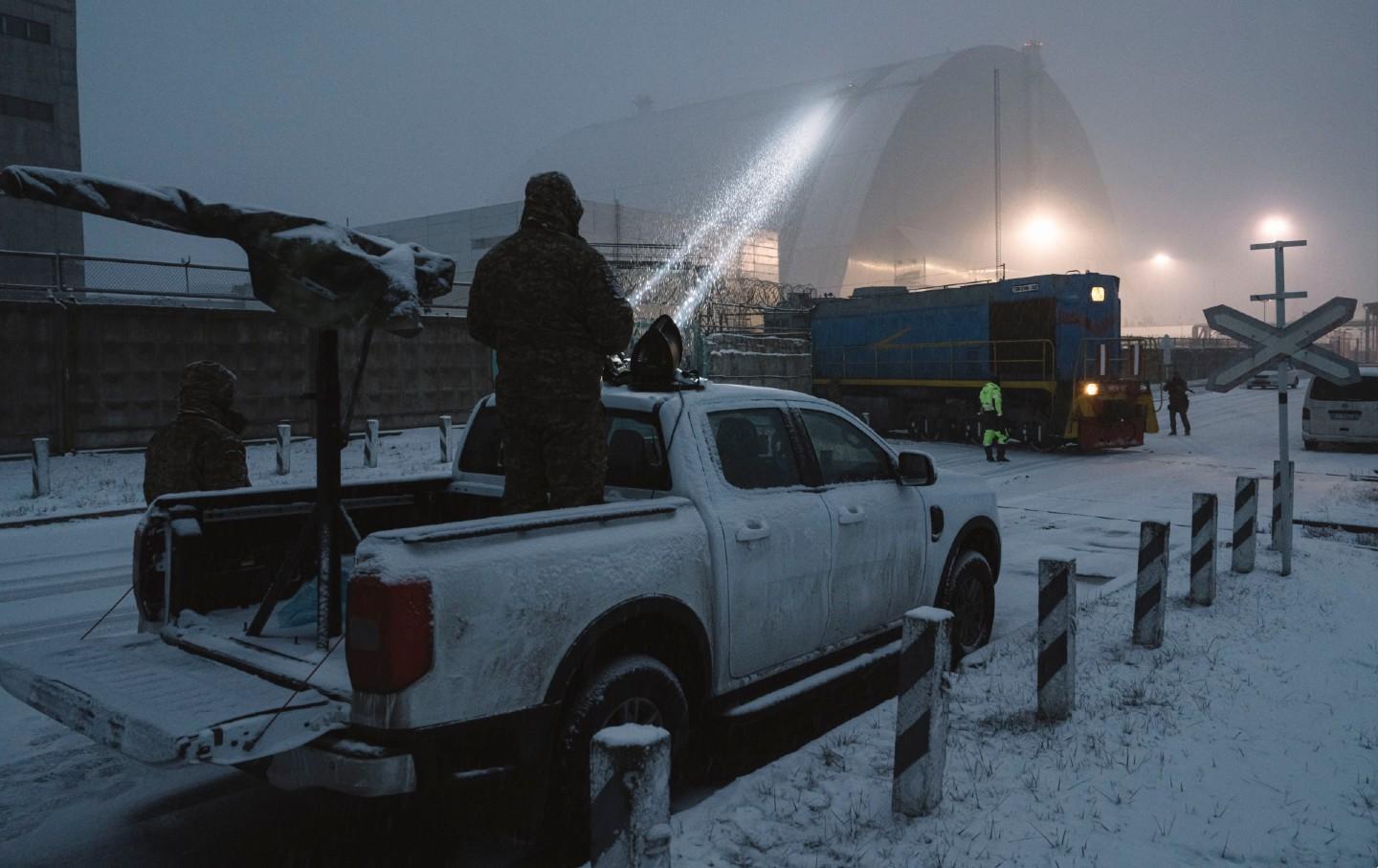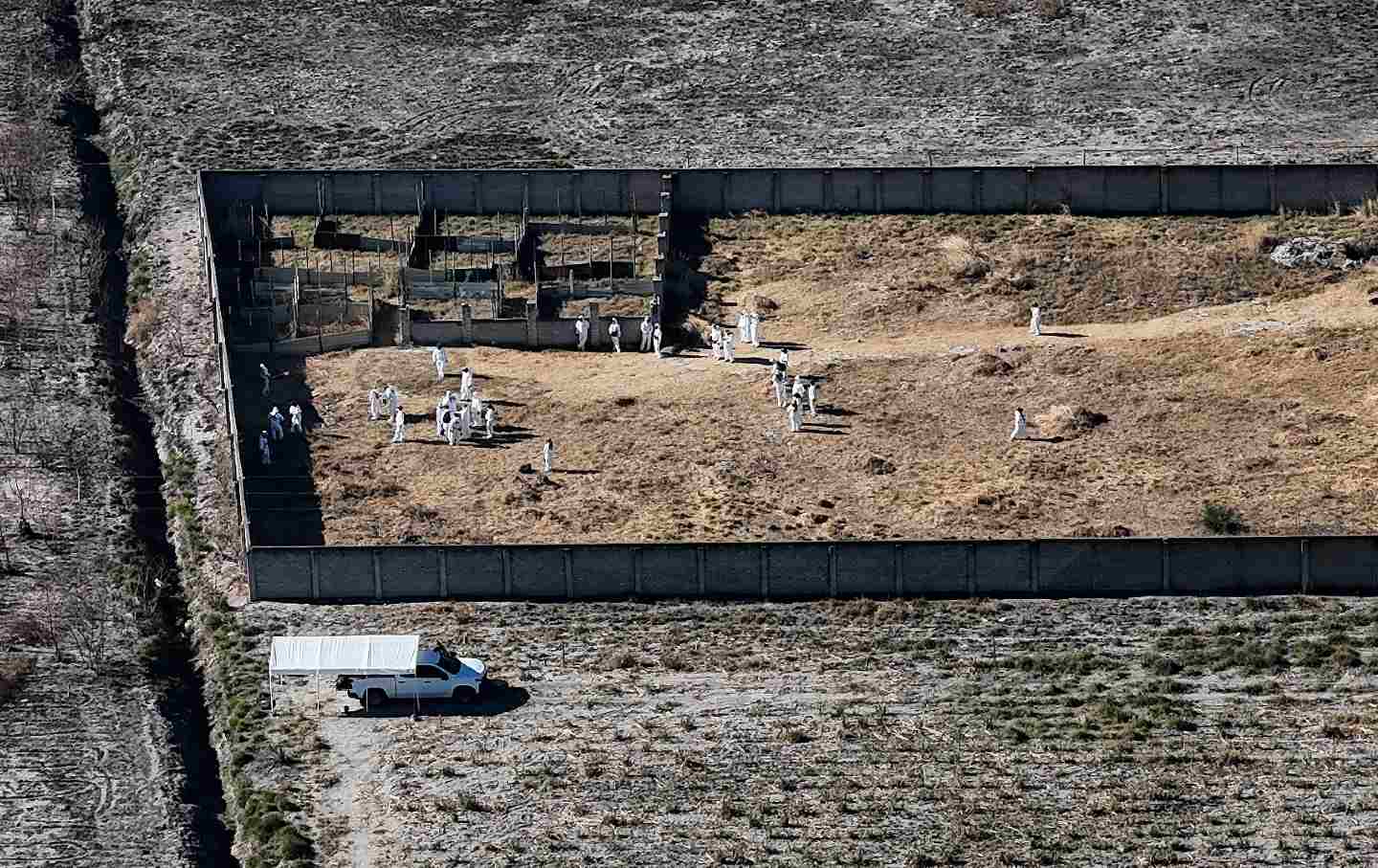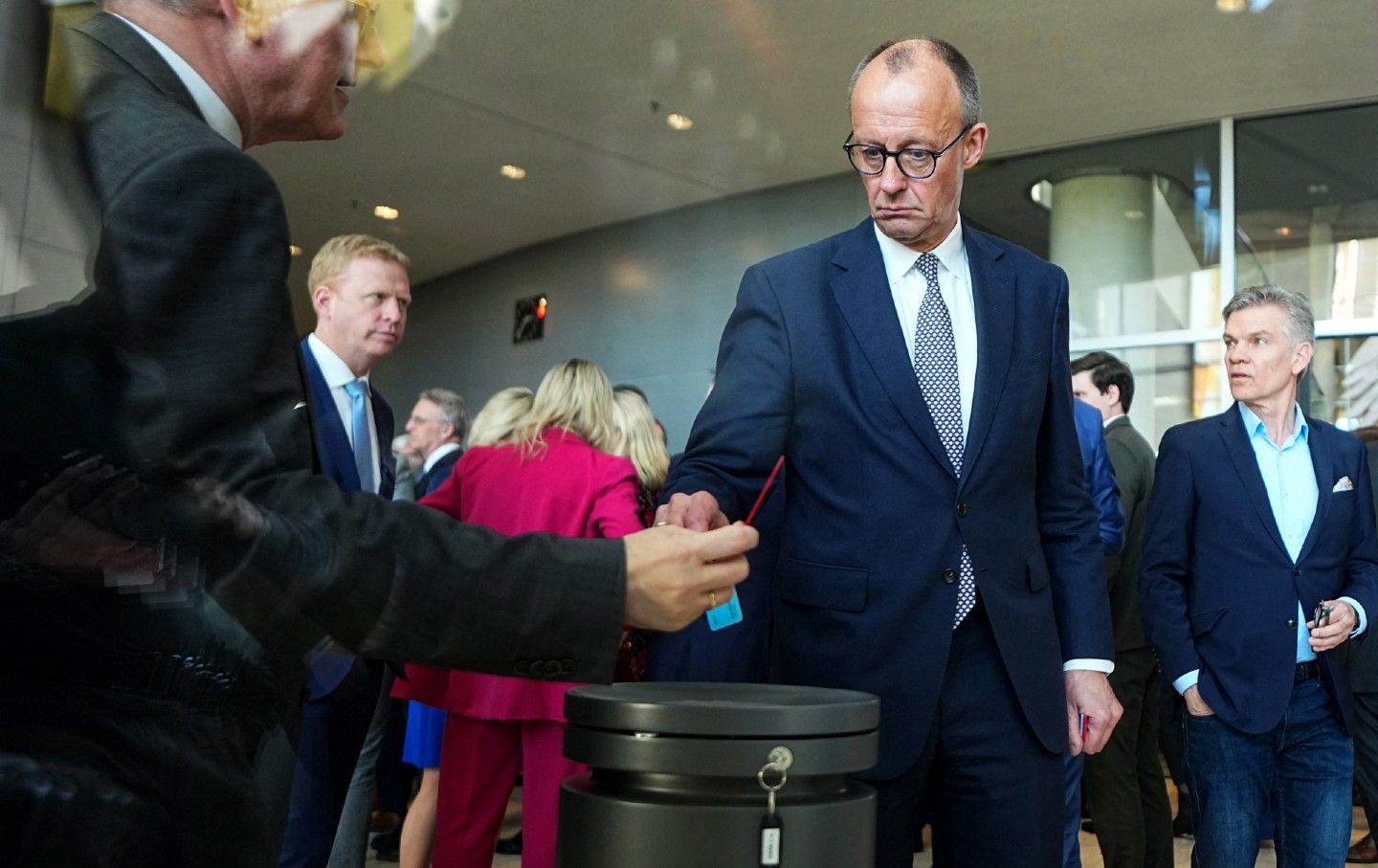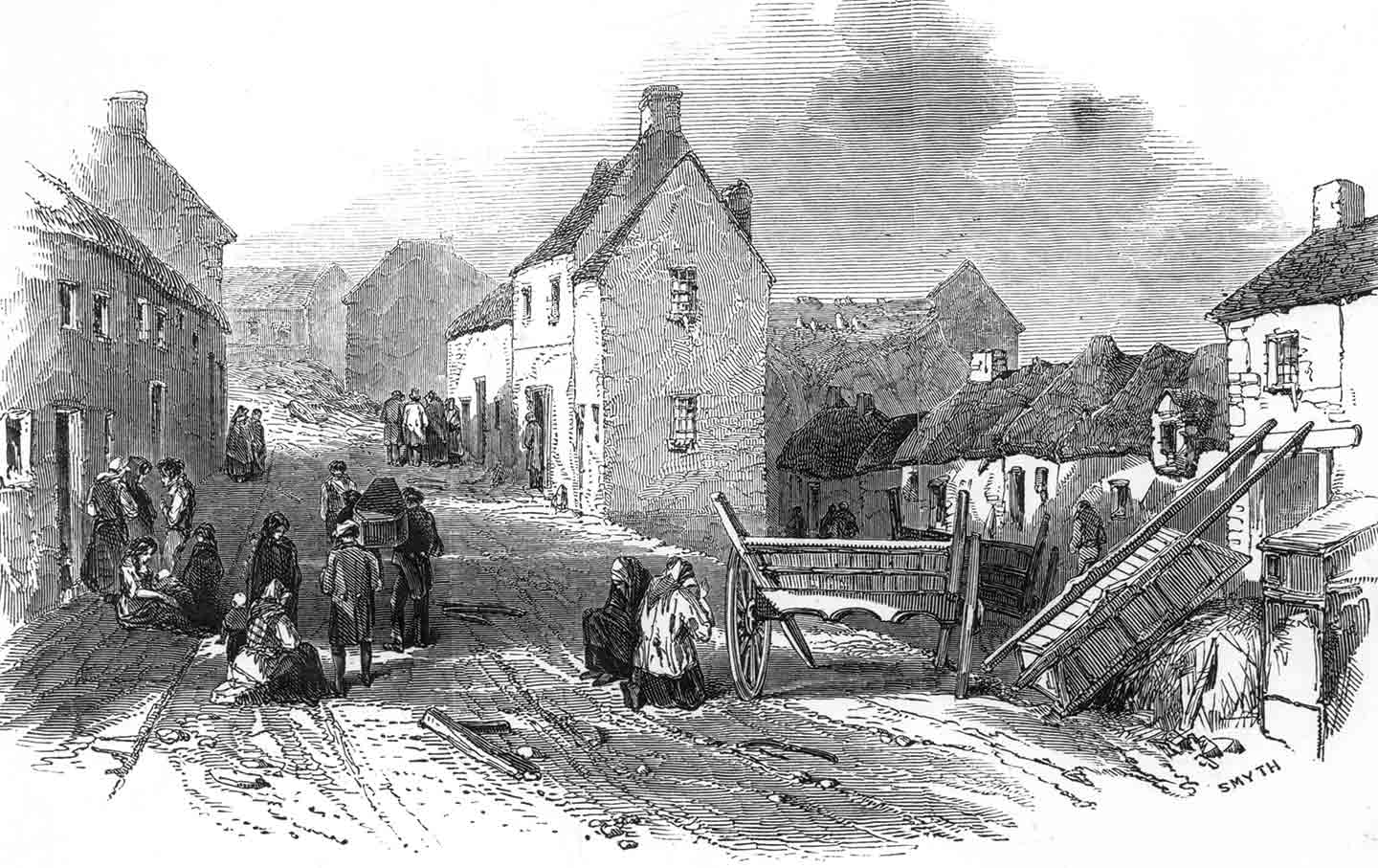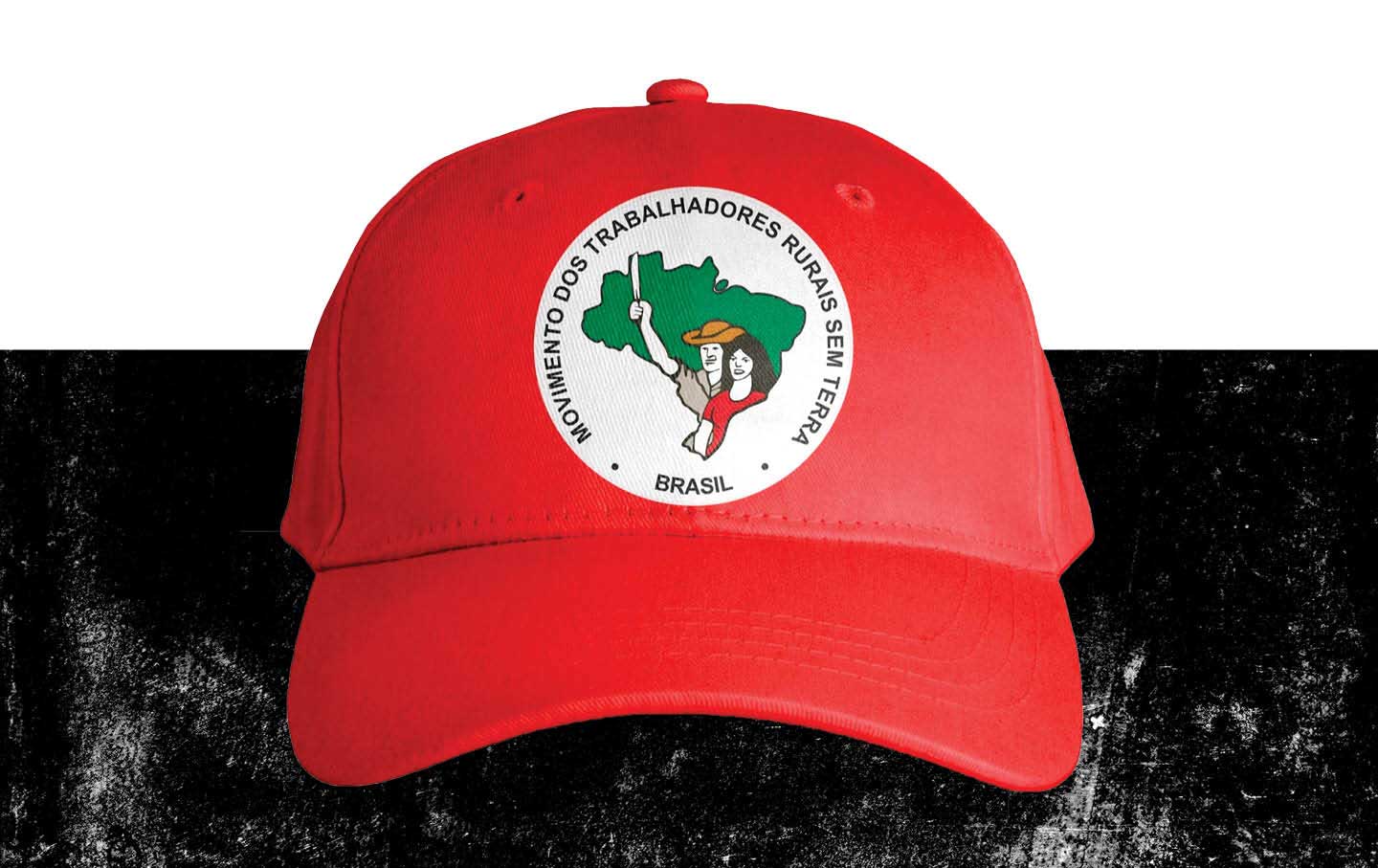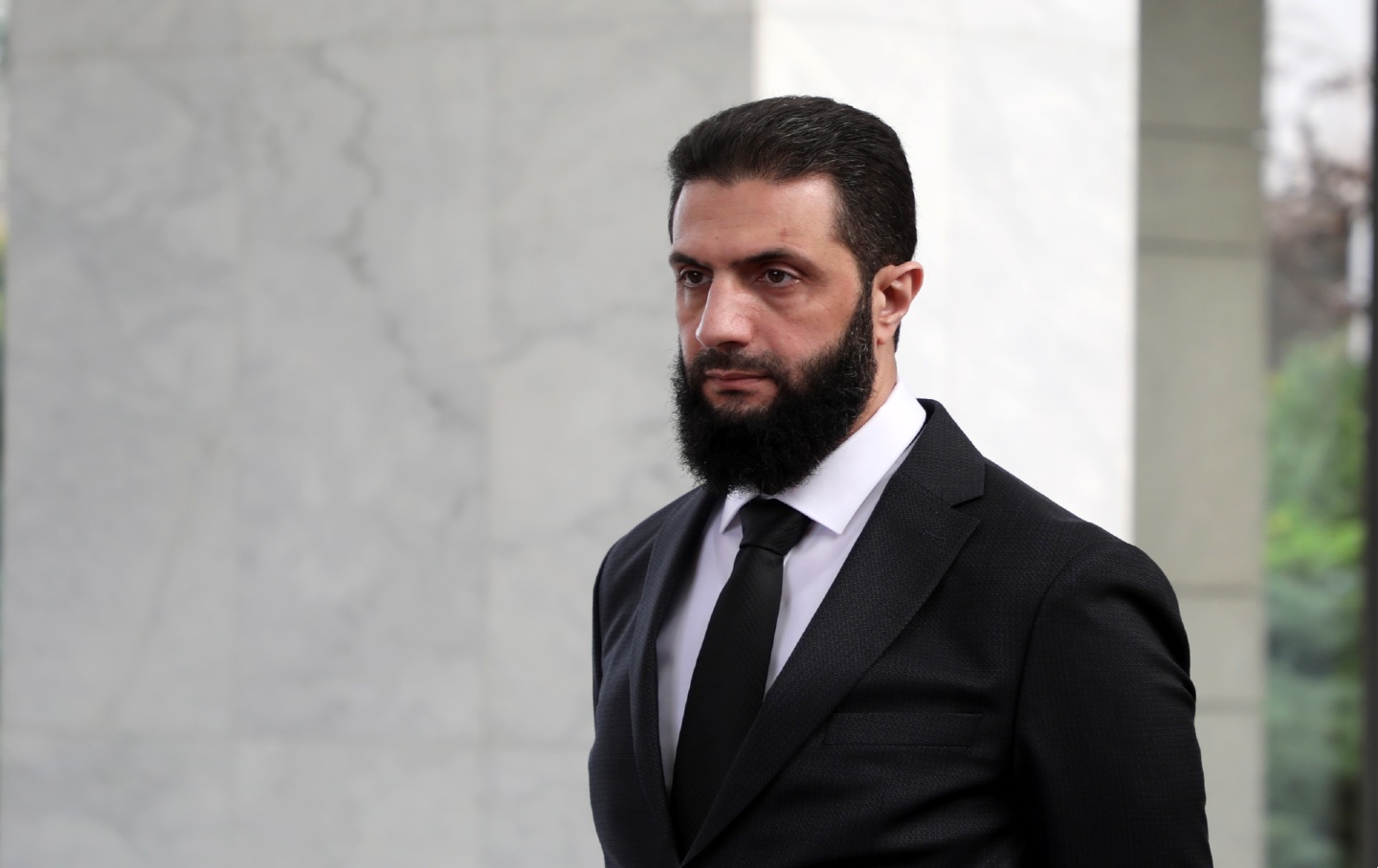The Sensible Dutch Take a Sharp Turn to the Right
In an election shocker earlier this week, the far-right anti-immigrant campaigner Geert Wilders emerged as the leader of the largest party in the new parliament.
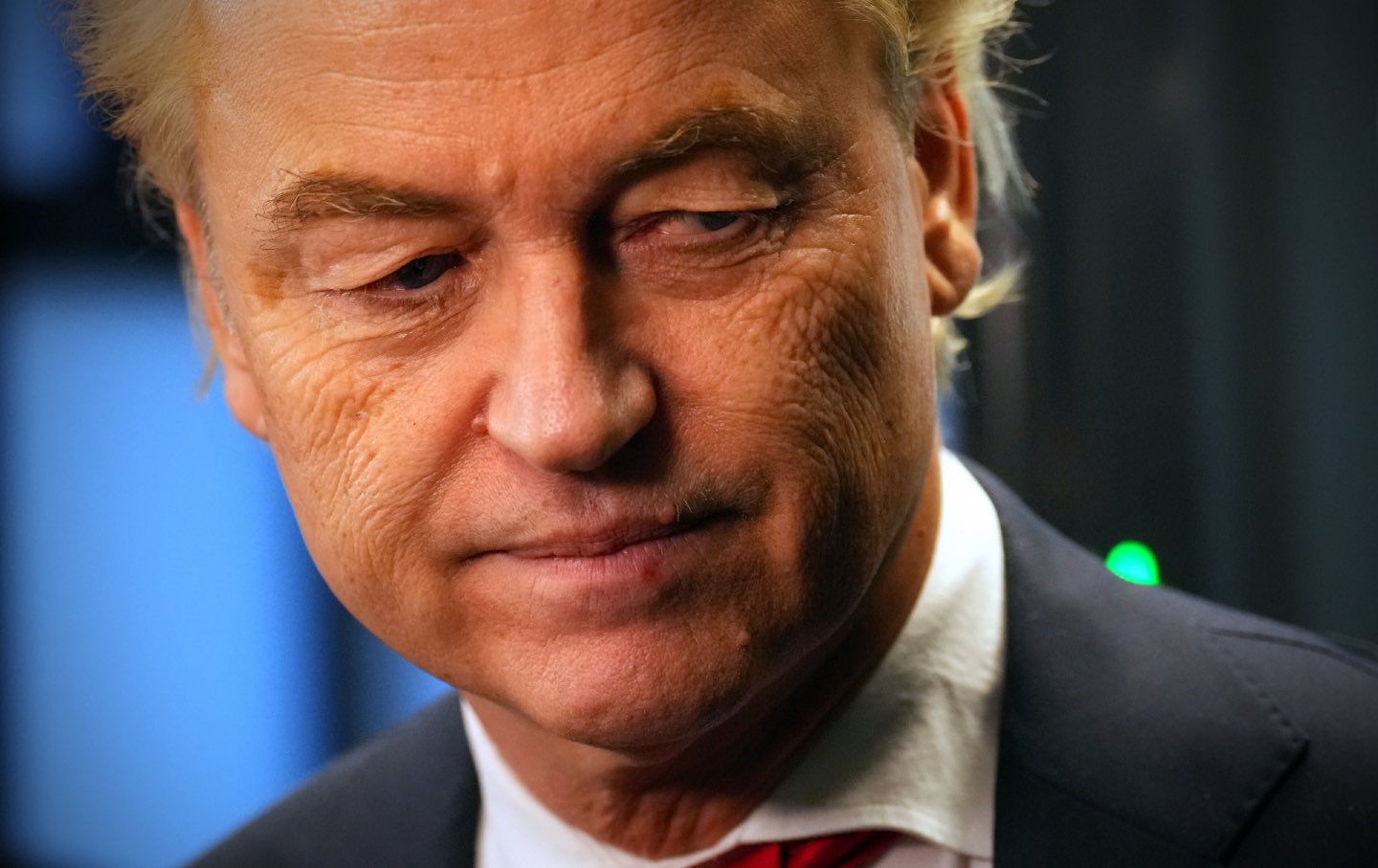
The Hague—It was an outcome that nobody had expected, including the winner. In the national elections in the Netherlands on November 22, one in four voters supported the hard-right populist Geert Wilders, who for more than 20 years has been campaigning against immigration, against Islam, and in favor of a Dutch exit from the European Union.
Wilders’s Partij voor de Vrijheid (Party for Freedom, PVV) gaining 37 of the 150 seats in the Dutch parliament signifies a breathtaking break from consensus politics in the Netherlands. The three traditional political groups—social democrats, liberals, and Christian democrats—that have governed the Netherlands in varying combinations since 1945 failed to secure even a combined majority in a fragmented parliament, in which no fewer than 15 parties will now be represented.
Wilders’s breakthrough also means a new shock to European politics: Another far-right movement has managed to convince voters that it is an electable and realistic choice. In Italy, and more recently in Slovakia, governments with a hard-right slant have come to power, as happened earlier in Austria. Viktor Orbán is the longest-serving prime minister in the European Union. In Germany, the far-right Alternative for Germany is steadily growing. And in France, the far-right politician Marine Le Pen, after three unsuccessful attempts, holds hope for the presidency in 2027. Both Orbán and Le Pen were quick to congratulate Wilders.
Wilders ran a nationalist campaign, blaming “a tsunami of migrants” for housing shortages and expensive healthcare, while also successfully attracting voters from the left side of the political spectrum.
His proposed remedy—”Putting the Dutch first again”—echoes the British slogan, “Take back control,” that led the Brexit campaign to victory in 2016. In the Netherlands, there is currently no majority in favor of leaving the European Union. But with Wilders as prime minister, the Netherlands will certainly become a Eurosceptic troublemaker in Brussels, prioritizing perceived self-interest and undermining core values of the European Union in terms of human rights and climate policy.
Wilders will also strive to block the proposed accession of Ukraine to the EU, and is opposed to continuing military support to Kyiv. In 2018 he visited Moscow, four years after the Russian invasion of Crimea and the downing of Malaysia Airlines Flight MH17 over Ukraine, killing all 298 passengers—including 193 Dutch nationals. Wilders has openly praised Russian President Putin’s leadership. The Russian state media immediately responded enthusiastically to Wilders’s success at the polls.
Unlike in the United States or Britain, Dutch governments historically form coalitions in which parties of different political color collaborate. After these election results, various majority combinations are mathematically possible—even without Wilders and the PVV. But most observers agree that, from a democratic perspective, trying to form a government with several parties from the (center-)right and with Wilders as prime minister is the first priority.
Whether that will succeed remains uncertain. It is unclear if enough other parties are willing to cooperate with Wilders to allow him to form a government. The center-right, liberal Volkspartij voor Vrijheid en Democratie (VVD, People’s Party for Freedom and Democracy), which has participated in governments for almost years without interruption, suffered a loss of 10 seats (retaining 24) and has so far affirmed its unwillingness to enter a government with the PVV. Perhaps, however, the VVD might support such a government in parliament without being a part of it.
A role as a kingmaker in a right-wing coalition seems plausible for the New Social Contract (NSC), a brand-new center-right party led by a dissident MP, Pieter Omtzigt. Omtzigt had been widely expected to win these elections, having promised to crack down on the government bureaucracy that led to the scandal of thousands of Dutch families being falsely labeled as fraudsters, resulting in the deprivation of their child benefits. However, his party managed to secure only 20 seats, arriving at fourth place behind the PVV, the VVD, and a center-left alliance led by former EU climate czar Frans Timmermans. Omtzigt, who has been accused of fence-sitting, has so far refused to say whether he would be willing to cooperate with Wilders, but has called on the PVV leader to confirm that he will respect the Constitution.
Regarding any potential coalition, it remains uncertain whether Wilders would be able to implement his ideas, which include an unconstitutional ban on Muslim schools, halting all policies addressing climate change and eliminating overseas development aid. In the run-up to the vote, he tried to present a more “moderate’” side to convince both voters and other politicians that he was ready to govern—the moniker “Milders” gained some traction—and after the election results, he pledged to be a “prime minister for all.” But so far there is no firm evidence of any real moderation of his envisaged policy.
A second concern is that the PVV lacks experience in government and will struggle to find enough competent candidates to hold ministerial positions. Which in turn suggests a third question: Does Wilders, who has been a politician thriving in the opposition all his life, even want this new role? One scenario currently being floated in political circles is that he might prefer to let another party—for example, Omtzigt’s NSC—take the government’s leadership, while he returns to parliament and his familiar role as a firebrand.
Analysts warn of the risks. “Coalition partners should not allow him the opportunity to oppose ‘his’ government from the House of Representatives,” wrote Luuk van Middelaar, a leading political commentator. “Wilders must choose: between being a radical-right populist in opposition or being prime minister. He cannot be both.”
In previous elections, voting for Wilders mainly meant a wasted protest vote, as traditional parties precluded any cooperation with him in advance.
Popular
“swipe left below to view more authors”Swipe →This time, though, things were different: The VVD, led by outgoing Prime Minister Mark Rutte, kept open the option of collaborating with Wilders in the government. Having served for 13 years as prime minister, Rutte announced his departure from politics after his fourth government collapsed last summer over the VVD’s wish to tighten asylum and immigration rules for refugees and their families.
Rutte’s successor as party leader, Dilan Yesilgöz, who is of Kurdish descent and arrived in the Netherlands as a 7-year-old refugee from Turkey, made immigration the central theme of her campaign. While a good result for Wilders’s party had been expected, its rapid ascent in the final days was unforeseen by most pollsters. The final phase appeared to be a three-way contest, with support fractured among the VVD, the center-left NSC, and Wilders’s PVV. Clearly, voters put more trust in Wilders.
Until 2004, Wilders himself was an MP for the VVD, but he decided to continue as an independent. He belongs to the first generation of European right-wing politicians who vehemently oppose immigration—particularly from Muslim-majority countries such as Morocco and Turkey. Traditional centrist parties are “tempted to imitate the populists,” said Sarah de Lange, a professor of political science at the University of Amsterdam. “The VVD in the Netherlands is a case in point, as is Emmanuel Macron in France, adopting much harsher rhetoric on migration. But they are always a copy of the original, and less appealing than the populists themselves.”
Notably, among those who voted for Wilders this time were many first-time voters, with little prior knowledge of Wilders’s past statements about Dutch citizens with a Muslim background who should be “sent back,” or about “fake judges” or a “fake parliament”, and journalists’ being “riffraff.” Even more strikingly, research indicates that his supporters increasingly include Dutch citizens of Turkish and Moroccan descent.
Up to a point, this confirms their integration into Dutch society. But it also shows that voters from different minorities—as is the case in the United States with Black and Hispanic communities—no longer automatically feel loyal to the parties that traditionally represented their interests, and that solidarity among such groups is on the decline.

